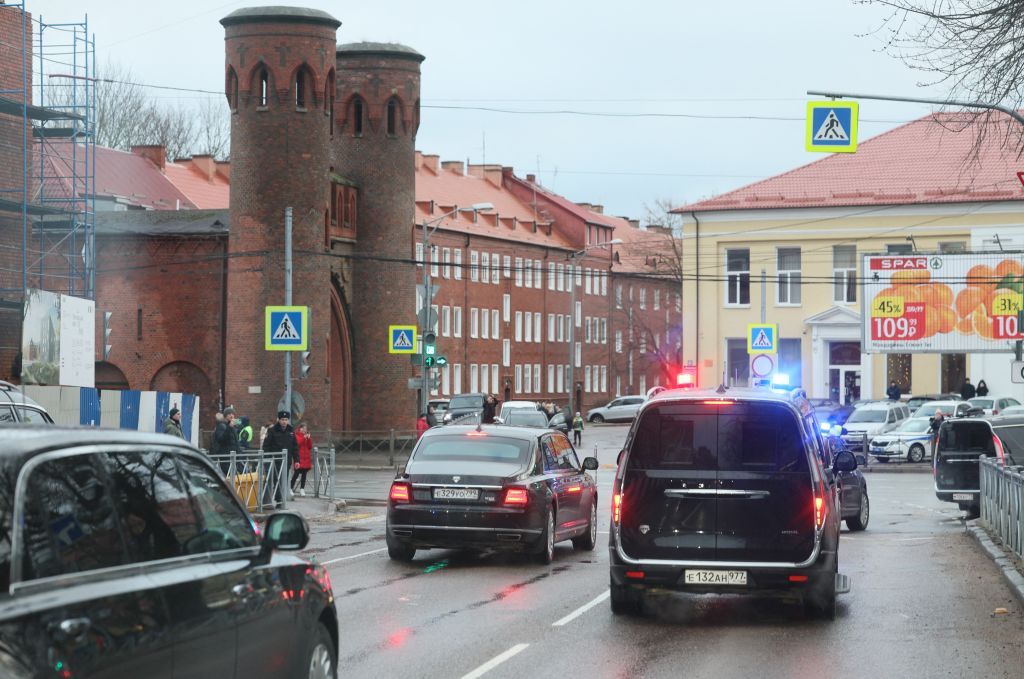Finland presidential election to go to runoff, former PM ahead

Finland's presidential election is set to go to a runoff next month, as no candidate gained a majority of the votes on Jan. 28, in a race that has heavily focused on the country's new role as a NATO neighbor of Russia.
Former Finnish Prime Minister Alexander Stubb placed first in the initial round of voting with 27.2 percent, finishing closely ahead of former Foreign Minister Pekka Haavisto at 25.8 percent.
Throughout the campaign the candidates have largely focused on future security policies in response to Russian aggression in the region, and its relationships with international allies in Europe and with the United States.
After decades on non-alignment, Finland officially became the 31st member of NATO in April 2023, citing the international alliance as being "the only effective security guarantee in the region" amid Russia's all-out war against Ukraine.
The current front-runner Alexander Stubb, is a candidate from the conservative National Coalition Party and served as prime minister from 2014 to 2015. Throughout the election, Stubb has promised unconditional support for Ukraine and called for greater NATO partnership among European allies.
Veteran diplomat Pekka Haavisto, who is running as an independent candidate for the third time, served as foreign minister from 2019 to 2023. As foreign minister, Haavisto was instrumental in Finland's accession into NATO in April 2023.
Unlike some European countries whose president serves as a ceremonial figure, the Finnish president serves as both a head of state and commander-in-chief of the Finnish army, wielding executive power in dealing with foreign affairs.
Nine candidates ran to replace incumbent President Sauli Niinisto who is ineligible to run for a third six-year term. Parliamentary Speaker Jussi Halla-aho finished third with 19 percent support, followed by Bank of Finland Governor Olli Rehn with 15.3 percent.
The runoff election between Stubb and Haavisto is scheduled for Feb. 11.











